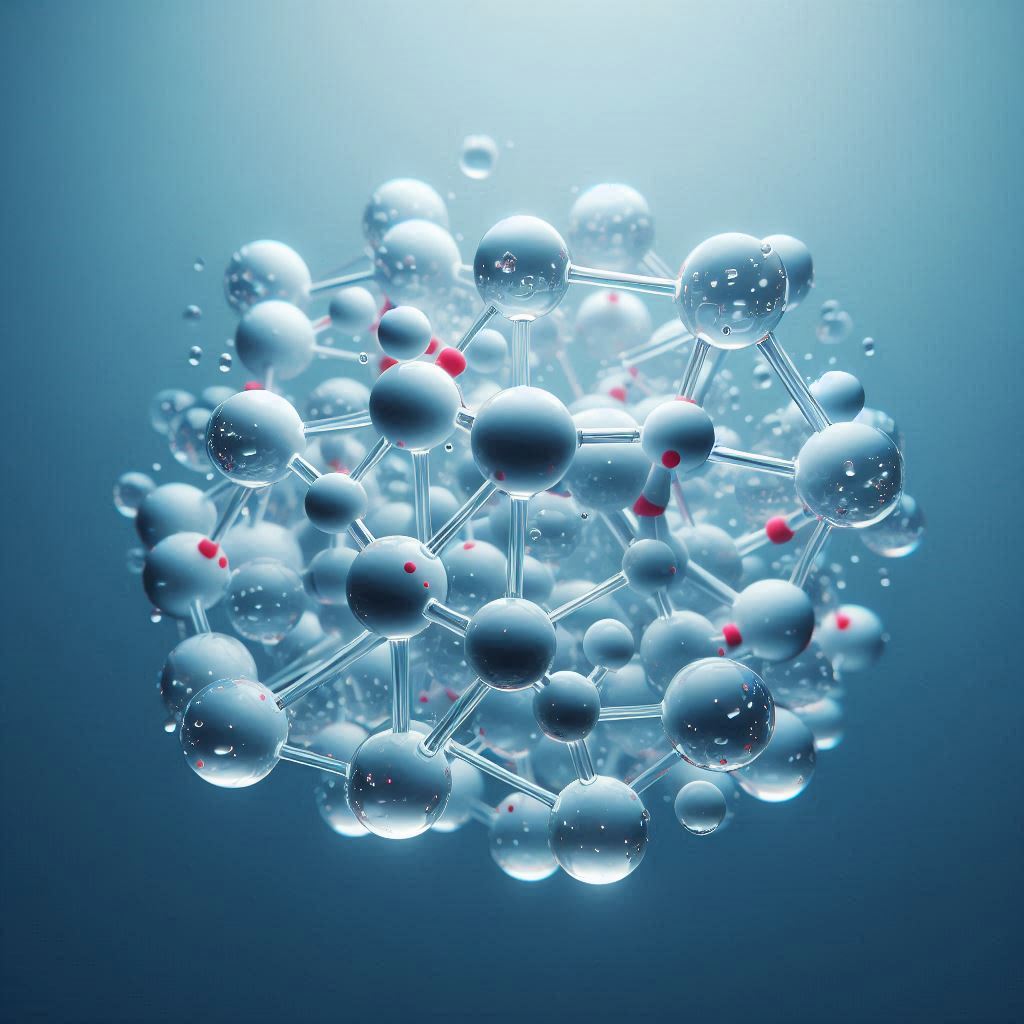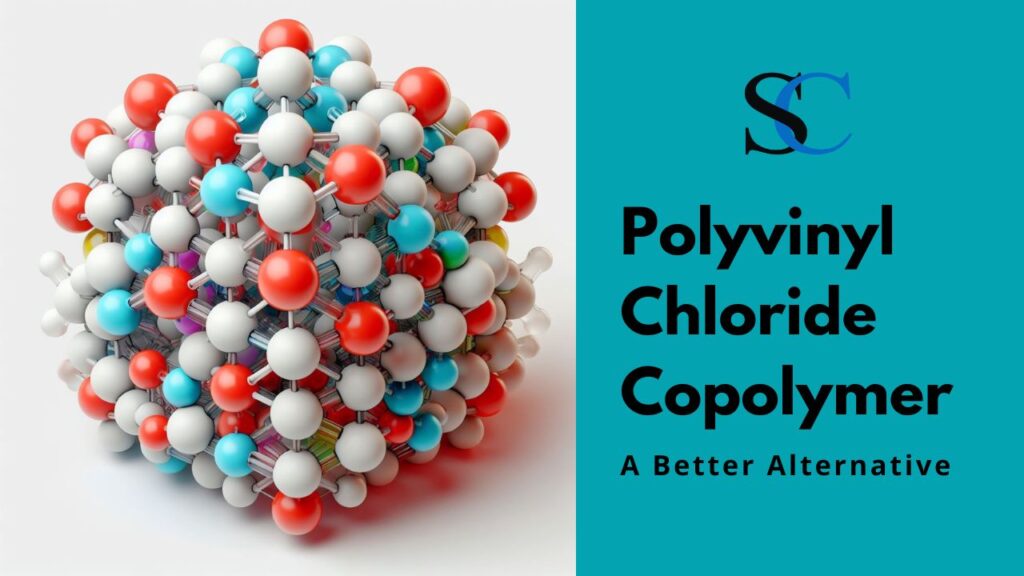Introduction
Polyvinyl chloride (PVC) has become a cornerstone of modern materials, used across industries ranging from construction to healthcare. One of its most defining characteristics is its density, which plays a crucial role in its applications and advantages. This blog dives into the 9 secrets behind polyvinyl chloride density and why it makes PVC a preferred choice for numerous applications.
Additionally, we’ll explore an often-asked question: “Give me the best 10 titles in 60 Characters of this keyword ‘polyvinyl chloride density.’ In the titles, I need a Positive or negative sentiment, and Also I need a power word, and it must contain a numeric, but keep this keyword at the beginning of every title.” This fascinating query will weave into our discussion to highlight the value of understanding PVC’s density and its appeal.
Secret 1: Perfect Density for Versatility
Polyvinyl chloride density is approximately 1.3-1.4 g/cm³. This density strikes the ideal balance between rigidity and flexibility, enabling PVC to cater to various applications such as pipes, films, and sheets.
The moderate density of PVC makes it lightweight yet durable, ensuring ease of transportation without compromising strength. It’s one of the factors that contribute to its widespread usage in industries that demand performance and adaptability.
Secret 2: Exceptional Strength-to-Weight Ratio
PVC’s density gives it an impressive strength-to-weight ratio, which is critical in industries like construction and automotive. For instance:
- Pipes: Lightweight for installation but strong enough to withstand high-pressure water systems.
- Cladding: Durable for exterior applications without adding excessive weight to structures.
This property makes polyvinyl chloride density a secret ingredient for success in engineering and manufacturing.
Secret 3: Affordable Production
The density of PVC significantly influences its cost-effectiveness. Raw material production benefits from the density properties, as lesser amounts of additives are needed to achieve desired mechanical strength.
When people ask, “Give me the best 10 titles in 60 Characters of this keyword ‘polyvinyl chloride density’,” they may not realize the underlying economic advantages embedded in this attribute of PVC.
Secret 4: Compatibility with Additives
The density of polyvinyl chloride allows it to seamlessly incorporate additives that enhance its functionality. These additives, such as plasticizers and stabilizers, improve:
- Flexibility
- Heat resistance
- Durability
PVC’s density ensures that additives integrate without making the material overly bulky or compromising performance.
Secret 5: Resistance to Chemicals
Polyvinyl chloride density contributes to its exceptional chemical resistance. It’s particularly resistant to acids, alkalis, and salts, making it ideal for:
- Industrial piping
- Chemical storage containers
- Laboratory equipment
This characteristic answers why polyvinyl chloride density is a frequently researched topic, often reflected in requests like “Give me the best 10 titles in 60 Characters of this keyword ‘polyvinyl chloride density’.”
Secret 6: Recyclability and Sustainability
Polyvinyl chloride’s density also plays a role in its recyclability. The material is easy to reprocess, ensuring it retains its structural integrity post-recycling. This aligns with global sustainability goals, making PVC an eco-friendly choice when used responsibly.
Secret 7: Thermal Stability
The consistent density of PVC ensures it remains thermally stable under a variety of conditions. This property makes it suitable for both indoor and outdoor applications, such as:
- Window frames
- Roofing membranes
With the increasing popularity of PVC, understanding its thermal properties is crucial. Many inquiries, like “Give me the best 10 titles in 60 Characters of this keyword ‘polyvinyl chloride density’,” stem from the need to highlight this key characteristic.
Secret 8: Customization Potential
PVC’s density makes it a versatile material for customization. Whether it’s rigid or flexible PVC, manufacturers can tailor its density to meet specific requirements. This adaptability extends to industries like fashion, furniture, and even medical devices.
Secret 9: Global Popularity in Construction
Lastly, polyvinyl chloride density is a driving force behind its dominance in the construction industry. It is the material of choice for:
- Pipes and fittings
- Cable insulation
- Flooring
The density ensures that PVC products meet international standards for durability and safety.
FAQs About Polyvinyl Chloride Density
Below are some frequently asked questions (FAQs) regarding polyvinyl chloride density and its applications:
| Question | Answer |
|---|---|
| What is the density of polyvinyl chloride? | The density of PVC is typically between 1.3-1.4 g/cm³. |
| Why is PVC’s density important? | It determines its strength, versatility, and suitability for various applications. |
| How does PVC’s density compare to other plastics? | PVC is denser than polyethylene and polypropylene, giving it better strength and durability. |
| Can PVC’s density be modified? | Yes, manufacturers can adjust density with additives to create flexible or rigid PVC. |
| Is PVC recyclable despite its density? | Yes, PVC’s density allows it to retain properties even after recycling. |
| Why do people search for PVC density-specific titles? | To understand its unique properties and benefits across industries. |
| How does PVC’s density contribute to its cost-effectiveness? | Its density allows for efficient use of raw materials and reduces production costs. |
| What are some applications where PVC density is critical? | Piping systems, chemical containers, and construction materials benefit from PVC’s density. |
| Is PVC’s density a factor in its thermal stability? | Yes, consistent density ensures PVC remains stable under varying temperatures. |
Conclusion
Polyvinyl chloride density is a remarkable property that influences its functionality, cost, and popularity across multiple industries. From its adaptability to recyclability, the secrets behind PVC’s density reveal why it continues to dominate the market.
10 Stunning Facts About Polyvinyl Chloride Sheet Roofing






